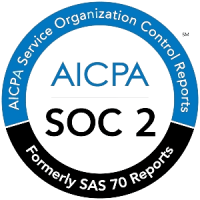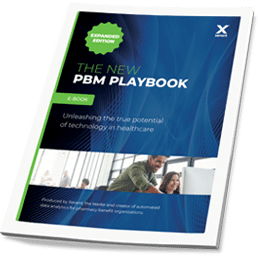The Evolution of the PBM Business Model

Pharmacy Benefit Managers (PBMs) play a crucial role in healthcare by managing prescription drug benefits for health plans, employers, and government programs. By leveraging scale and expertise, PBMs help to control surging drug costs, increase access to prescription drugs, and improve the quality of care for patients. Over the years, PBM business models have evolved […]
How To Analyze Claims Data: What You Need To Know

As healthcare costs continue to rise, Pharmacy Benefit Managers (PBMs) are under increasing pressure to manage their clients’ drug spend, while ensuring patients have access to the medications they need. One of the most valuable tools at their disposal is healthcare claims data, which can deliver insights into patient behavior, healthcare utilization, and healthcare costs. […]
The Importance of Combining Business Intelligence and Big Data

Learn how combining business intelligence and big data can enable healthcare enterprises to make more informed decisions and increase their competitive advantage.
Specialty Drugs: Medical Benefit VS Pharmacy Benefit

Over the past few decades, specialty drugs have evolved dramatically to become one of the fastest-growing medical industries, projected to reach a value of $400 billion by 2025.
How To Find Solutions To Chronic Disease Trends

Chronic disease problems are growing, and this places an increasingly heavy demand on health systems. Reasons for the upward trend include aging populations, changes in lifestyle and behavior, and non-adherence to medical treatment.
Biologics vs. Biosimilars: the Differences and Why They Matter

Advances in pharmaceuticals continue to evolve – quickly – helping to better treat complex health conditions, such as cancer, multiple sclerosis, and hemophilia. Two types of pharmaceuticals continuing to grab headlines are biologics and biosimilars.
7 Ways To Improve Clinical Outcomes

Medical care has evolved over the past 100 years from an anecdotal, basic support system to the advanced technological environment we enjoy today. It remains far from perfect, however, so it’s important to improve clinical outcomes continuously as care is provided. But what are clinical outcomes and how does data enable healthcare professionals to improve these?
The Top 6 Benefits of Analytics Automation in Healthcare

The healthcare industry wastes billions of dollars annually, with estimates ranging from $600 billion to almost $2 trillion or 53% of total expenditure. In today’s interconnected environment, automated data analysis is a powerful asset in the bid to reduce health plan costs, optimize medication adherence, and improve patient care.
4 Ways To Use Real-Time Alerting in Healthcare For PBM Improvement

Discover how real-time alerting in healthcare enables all pharmacy benefits stakeholders to save costs, reduce medication non-adherence, and improve patient care.
Top 4 PBM Industry Trends in 2023 (and What To Expect Next) [Updated]

As healthcare access, utilization, and spend continue to grow, so does the PBM industry. Read on to learn about PBM industry trends and what to expect next.


























